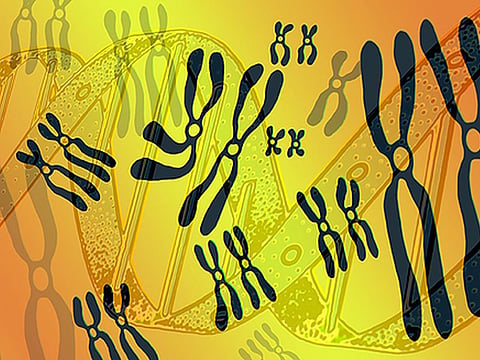WEDNESDAY, Dec. 16, 2015 (HealthDay News) -- Activation of c-Jun N-terminal kinase (JNK) is essential for herpes simplex virus (HSV) gene expression during virus reactivation from latent neuronal infection, according to a study published in the Dec. 9 issue of Cell Host & Microbe.
Anna R. Cliffe, Ph.D., from the University of North Carolina at Chapel Hill, and colleagues examined how stimulation of lytic gene expression from promoters associated with repressive heterochromatin activates silenced promoters in HSV reactivation from latent neuronal infection.
The researchers note that a neuronal pathway involving activation of JNK was found to be essential for initial HSV gene expression during reactivation. In neurons, this JNK activation was mediated by dual leucine zipper kinase and JNK-interacting protein 3, which focused JNK toward stress responses. JNK-mediated viral gene induction was found to occur independently of histone demethylases, which eliminate repressive lysine modifications. JNK signaling resulted in a histone methyl/phospho switch on HSV lytic promoters; this mechanism allowed gene expression in the presence of repressive lytic methylation.
"JNK is present on viral promoters during reactivation, thereby linking a neuronal-specific stress pathway and HSV reactivation from latency," the authors write.
Abstract
Full Text (subscription or payment may be required)


